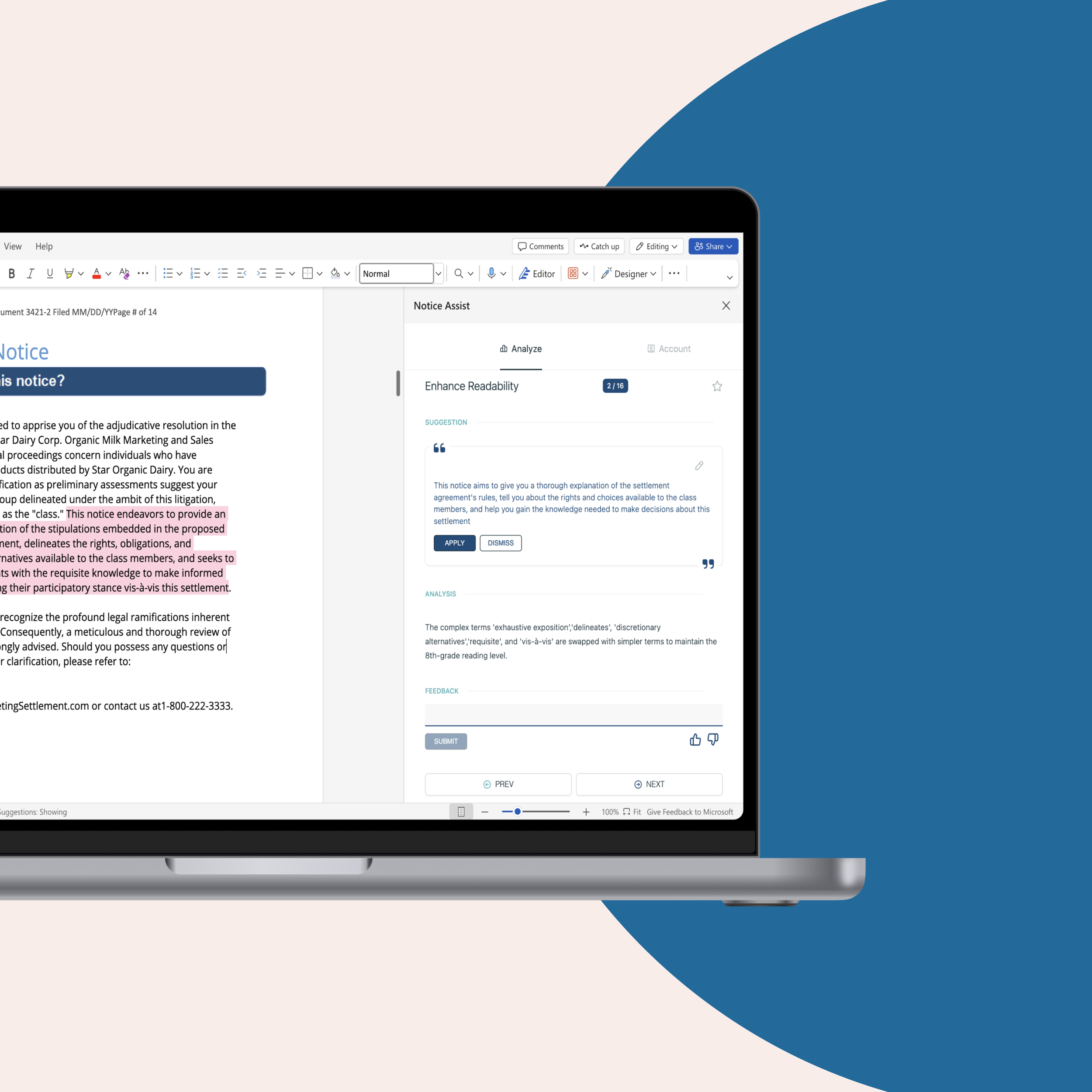Rule 23 Amendments Update: What’s Still on the Table and What Fell Off
Jocelyn D. Larkin, Executive Director, The Impact Fund
For more than a year, a subcommittee of the Advisory Committee on Civil Rules has been soliciting and vetting ideas for amending Rule 23, the federal class action rule (see previous post here). These hardy souls (Judge Robert M. Dow, Professor Robert Klonoff, Elizabeth Cabraser and John Barkett) have criss-crossed the country, attending more than a dozen conferences to hear from practitioners across the spectrum. The Impact Fund’s 2015 Class Action conference in Berkeley was one of the subcommittee’s whistlestops. The topics that generated the most discussion during those listening sessions were ascertainability, objectors, cy pres, issue classes and settlement class certification.
A recent report from the full Advisory Committee on Civil Rules (December 11, 2015) clarifies the topics that will be the subject of proposed amendments, those in a holding pattern, and the rest that have been dustbinned. A link to the 700-page Standing Committee report is here: the report on proposed Rule 23 changes is at pp. 189-224.
What’s Off the Table: The subcommittee will not be proposing rules amendments on settlement class certification, “issue” classes, and cy pres. We did not favor changes on the first two issues so good news there. The Impact Fund had proposed a draft rule on cy pres, which permits the designation of appropriate charitable organizations to receive residual class funds. The subcommittee was concerned that a cy pres rule might be considered substantive, rather than purely procedural, invoking the dreaded Rules Enabling Act objection. It also noted that the ALI Principles of Aggregate Litigation, Section 3.07, has offered sufficient direction to courts on the use of cy pres.
What’s On Hold: The Subcommittee is waiting to see what the U.S. Supreme Court will do regarding the use of Rule 68 offers of judgment to “pick off” named class representatives at issue this term in Campbell-Ewald v. Gomez. The Subcommittee has also tabled discussion of “ascertainability,” which refers generally to the ability to identify class members and its relevance to class certification. The case law since the controversial Third Circuit decision in Carrera v. Bayer, 727 F.3d 300 (3rd Cir. 2013) is changing rapidly, mostly rejecting the Carrera standard, and the two other cases in the Supreme Court this term may also touch on the issue (Spokeo v. Robins, Tyson Foods v. Bouaphakeo). So, no action here for now either.
What’s Coming: The Subcommittee will be developing a series of proposed amendments, all of which focus on class action settlements. The first, nicknamed “frontloading,” will specify the information that should be provided to a district court when it is considering whether to grant “preliminary approval” of a proposed class action settlement, which triggers notice to the class. Another proposal would clarify that that order – directing notice of a proposed order settlement to the class --- is not appealable. A third would refine the standards for approval of a class settlement. Finally – and supported across the “v” – will be a proposal to limit the ability of professional objectors to submit pro forma objections, and then file a notice of appeal, as a gambit to exact a payment to dismiss the appeal.
It is my initial impression that these amendments are not likely to be highly controversial except to the segment of professional objectors who make a living holding up settlements for cash.
In More Good News: The Report advises that the Discovery Subcommittee has abandoned consideration of a “Requestor Pays” discovery rule. A potential catastrophe for impact litigation averted. A welcome holiday gift.










